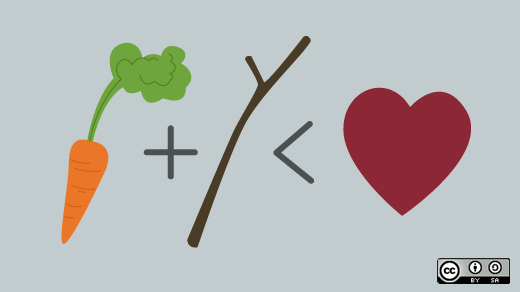With a background on negotiation theory, David brings a fresh and interesting perspective on the behavioral norms of open source communities.
In this talk, David emphasizes the importance of "soft skills" when managing communities. Soft skills relate to the human, sociological, and psychological aspects of fostering particular types of behaviors in an environment where contributors are volunteers, and therefore follow the motivation of the gift economy: autonomy, mastery, and purpose. Such motivations are in opposition to the stick-and-carrot motivators of mechanistic behavior that is commonly found in the barter economy.
David also points out that at this point in the culture of open source, we do have enough background for crafting a "science of community", based on actual data and backed by reproducible experiments. (Yes, he used the R word!, which seems to be quite well-known by everybody except academic publishers, sadly enough).
This is a very engaging talk on how to improve the performance of the community as a social aggregate, so we can better cultivate the motivations of its human elements.
David further elaborated on his talk in this post on our site: The science of community management, a look at open source 2.0.







Comments are closed.